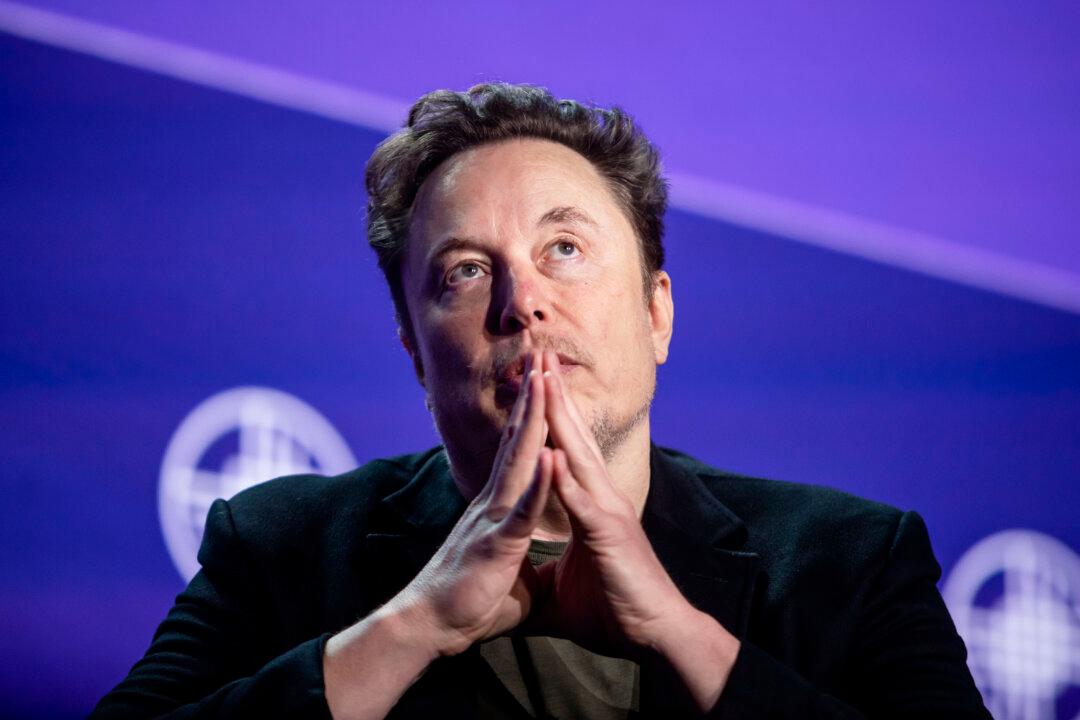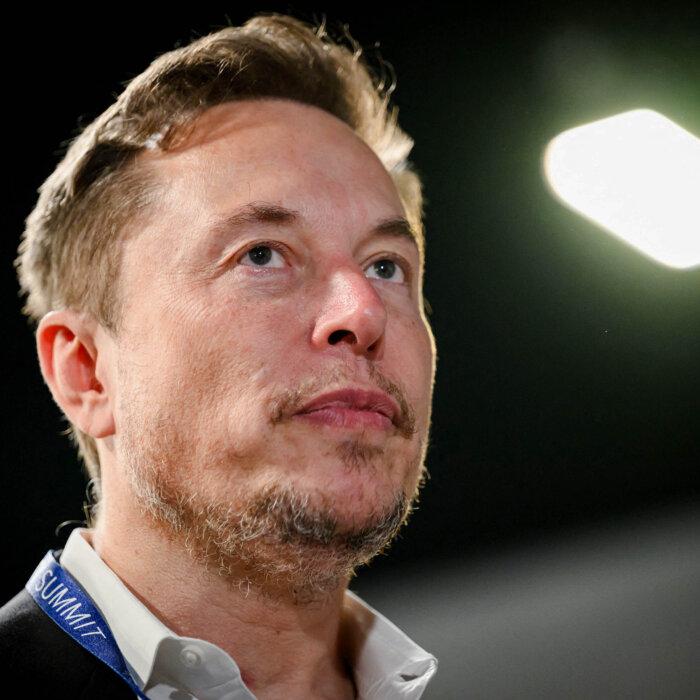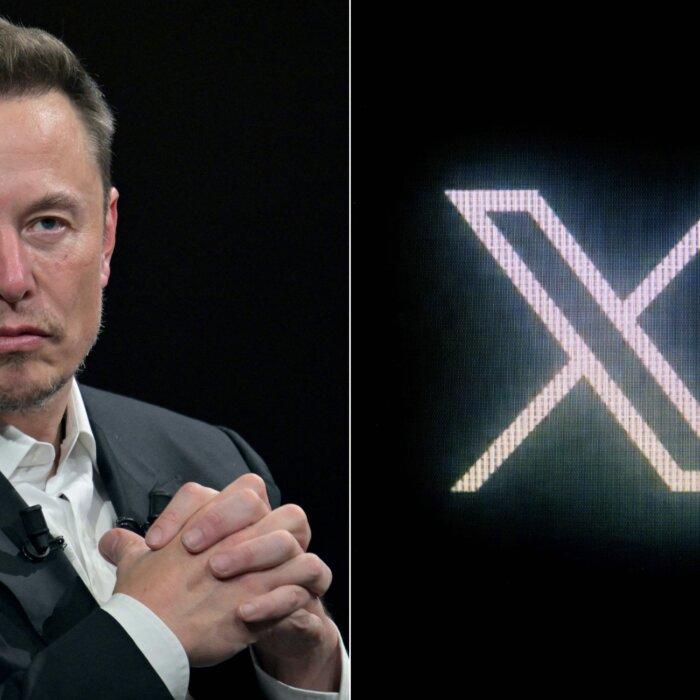Marketer confidence in X, formerly known as Twitter, has declined significantly in the past year, according to a report by a leading market researcher, driven in part by what are described as safety concerns.
It noted that this was driven by “brand safety concerns and poor perceptions around innovation and trust.”
‘Unpredictable’
Kantar’s global thought leadership director, Gonca Bubani, said that “advertisers have been moving their marketing spend away from X for several years.”“The stark acceleration of this trend in the past 12 months means a turnaround currently seems unlikely,” she said.
Bubani said that “marketers are brand custodians and need to trust the platforms they use.”
“X has changed so much in recent years and can be unpredictable from one day to the next—it’s difficult to feel confident about your brand safety in that environment. Ironically, decreasing spend by marketers on X will make consumers happier with the platform as they come face to face with fewer ads,” she said.
Free Speech Rows
Owner Elon Musk has been embroiled in free speech rows since he bought the platform in 2022. In August, he accused UK Prime Minister Sir Kier Starmer of “two-tier policing” in Britain over his handling of the UK riots and said that civil war is “inevitable.”He also reposted a false claim about the Government setting up detainment camps in the Falkland Islands.
On Sept. 1, Brazil’s Supreme Court voted to uphold a ban X in Brazil that was first enacted by Justice Alexandre de Moraes.
The blockade follows an escalation in a months-long dispute between Musk and de Moraes over free speech and posts that the judge described as misinformation.
In his shutdown order, de Moraes said X will stay suspended until the company complies with his order to appoint a legal representative in the country. The judge has set a daily fine of about $8,900 for individuals or firms who attempt to access the site via a virtual private network (VPN) or another means.
Antitrust Lawsuit
Earlier this year, Elon Musk filed an antitrust lawsuit against Global Alliance for Responsible Media (GARM), a cross-industry organization that includes the likes of Mastercard, Procter & Gamble, and Unilever, accusing the group of a “massive advertiser boycott” against X.X CEO Linda Yaccarino said at the time, “This is not a decision we took lightly, but it is a direct consequence of their actions.”
The Epoch Times contacted X for a response.






